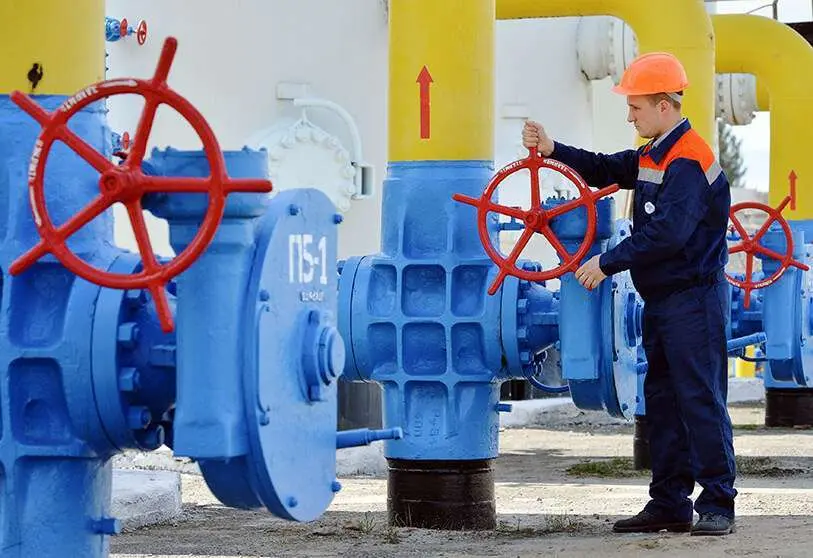Ukraine, Moldova and the EU launch electricity trade on Thursday

The electricity trade between the countries of the European Union (EU), Ukraine and Moldova will formally begin this Thursday, 30 June, after the bloc carried out an emergency synchronisation with both in mid-March as a result of the Russian war against the first of them.
The European Network of Transmission System Operators for Electricity (ENTSO-E) said in a statement on Tuesday that "technical preconditions have been completed to allow the first phase of commercial electricity exchanges between Ukraine and neighbouring countries".
These exchanges are scheduled to begin on Thursday via the Ukraine-Romania interconnection, while the activation of trade via other connections (Ukraine-Slovakia, Ukraine-Hungary and Moldova-Romania) is expected "at a later date".
According to ENTSO-E, the initial commercial capacity in the first phase is 100 megawatts (100MW) and will gradually increase depending on regular analyses of the stability and security of the system.

"This is an important additional step less than four months after the emergency synchronisation of continental Europe with Ukraine and Moldova," says the European body, which brings together the electricity transmission operators of the bloc's member states, noting that this demonstrates its "strong commitment" to its Ukrainian and Moldovan counterparts, Ukrenergo and Moldelectrica.
For European Commission Energy Commissioner Kadri Simson, this announcement has "special significance now that (Ukraine and Moldova) have been granted EU candidate status" by the heads of state and government at last Thursday's summit.
"Progressively increasing trade in electricity is particularly important in the context of Russia's continued aggression against Ukraine," she said.
In her view, electricity exchanges "will allow Ukraine to earn revenue to support its electricity system in a situation where domestic income has been reduced by Russia's attacks" and at the same time provide the EU with "affordable electricity at a time when prices are exceptionally high".








